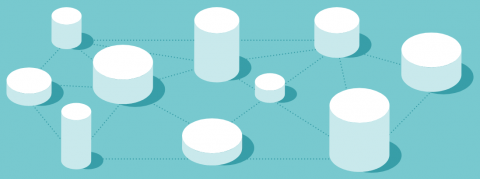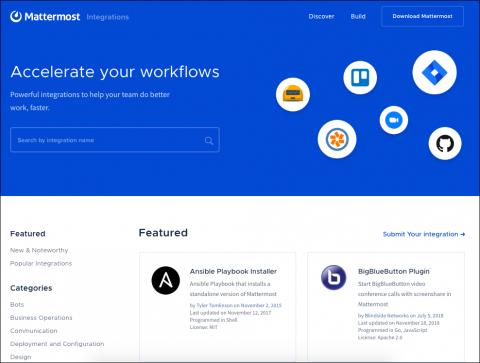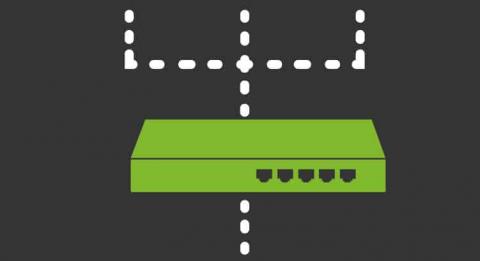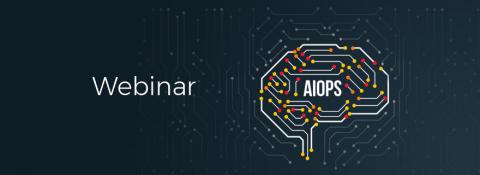Operations | Monitoring | ITSM | DevOps | Cloud
%term
How to debug your Logstash configuration file
Logstash plays an extremely important role in any ELK-based data pipeline but is still considered as one of the main pain points in the stack. Like any piece of software, Logstash has a lot of nooks and crannies that need to be mastered to be able to log with confidence. One super-important nook and cranny is the Logstash configuration file (not the software’s configuration file (/etc/logstash/logstash.yml), but the .conf file responsible for your data pipeline).
What's Your Score - How measuring success will transform the way you manage Digital Employee Experience
Segfaults in Golang with Cgo
I started the new GuardianDevOps service to share my expertise with other engineers. I was thrilled to find an internal problem to work on as the inaugural session! Only a single day after I decided to start this service, a Blue Matador customer noticed some repetitive alerts from our agent heartbeat. I was excited to join the fray with Keilan, one of our talented engineers, and fix the problem for our customers.
Pro Tips: How Booking.com Handles Millions of Metrics Per Second with Graphite
More than 1.55 million room nights are reserved on the Booking.com platform every day. It’s a staggering amount of traffic, and not surprisingly, the Amsterdam-based travel e-commerce company has a lot of knowledge to share about handling metrics at scale.
Comparing Kubernetes CNI Providers: Flannel, Calico, Canal, and Weave
Network architecture is one of the more complicated aspects of many Kubernetes installations. The Kubernetes networking model itself demands certain network features but allows for some flexibility regarding the implementation. As a result, various projects have been released to address specific environments and requirements.
Community Chat - March 2019 Edition - Bonsai, The Sensu Asset Index
New Integrations Directory enables your team to do better work, faster
Integrations enable you to unlock the full power of Mattermost by extending the platform to make your team even more productive. Customizing Mattermost this way enables privacy-conscious organizations to collaborate even more effectively, saving time and money without compromising on security.
How to monitor WAN load balancers
Since load balancers are active devices that can be included in the design of a WAN, the question arises: Should we adapt our monitoring scheme to include something that could be called Load Balancer Monitoring? To answer this question we can assume that WAN monitoring is based on the following fact: the behaviour of communication links directly affects the performance of applications and therefore the entire platform.
Can AIOps Reduce IT Noise?
If you’re part of an IT Ops or NOC team, or if you manage one, you know that overwhelming IT noise is your #1 enemy. Not only does it flood your teams with false-positives, but it also buries critical root-cause events and it makes it hard to proactively detect expensive P1 and P0 outages.











